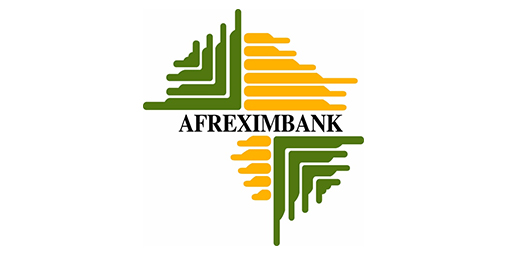By Asmau Ahmad
The African Export-Import Bank (Afreximbank) said the COVID-19 pandemic and Ukraine crisis exposed the vulnerability of Africa in many ways.
President and Chairman of the Board of Directors of Afreximbank, Professor Benedict Oramah, who stated this said the two events dramatise Africa’s over-dependence on others for our basic needs of food and healthcare.
Prof. Oramah spoke on Monday at the Hybrid 30th Anniversary Celebration and 30th Annual Meetings of Afreximbank being held in Accra, Ghana.
However, he said the bank had brought a new kind of hope to Africa, especially with the capacity to confront global challenges without going “abegging.”
“The COVID-19 pandemic and Ukraine crisis exposed the vulnerability of Africa in many ways.
“It also exposed our inadequacies in financing these dependencies in times of emergency. It is to the credit of those who founded Afreximbank that the catastrophe that loomed was averted.”
He said that from the break of the pandemic in 2020 to the Ukraine crisis in 2022, the bank had disbursed over 45 billion US dollars into the continent.
This, he said, enabled many governments, central and commercial banks, corporates, Small and Medium Enterprises to weather the combined effects of these crises by helping countries to honour maturing trade debt payment obligations.
“To pay for critical imports and to pursue strategic investments. The support of Afreximbank was, by far, one of the most significant investments by a single entity in the last three years.
“In an era where international banks are exiting the continent, from where will Africa have gotten 45 billion US dollars to fight a global crisis if not from within?
“We are fully aware that the dream of continental integration and self-reliance can only be built on a robust and dynamic domestic economy that produces what it consumes.
“We are fully aware that the dream of continental integration and self-reliance can only be built on a robust and dynamic domestic economy that produces what it consumes.
“We don’t produce the goods that can be traded within the continent, others will (do so) and export the jobs, wealth, and the continent’s prosperity,” he said.
Oramah urged Africans to be united and resilient in building the “Africa that we want” in the next 30 years.
“I want to remind us that although we celebrate 30 years today, the journey to the next 30 years will require that we win the battle against those who are doing everything to weaken African multilateral institutions.
“We may say no to them and ensure we do not will tools in destroying what Africa’s pioneer leaders toiled to build,” he said




